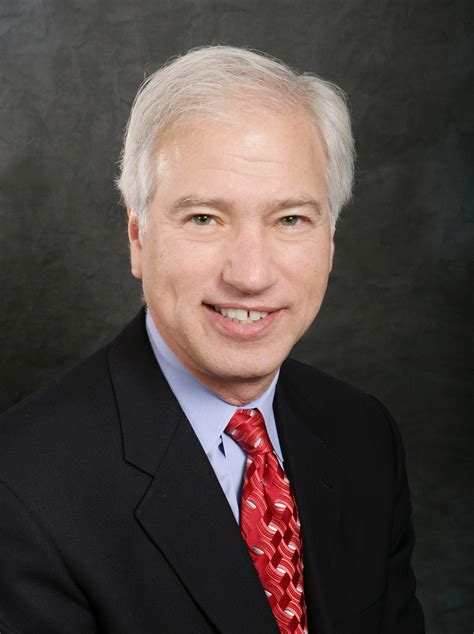A Quote by Raoul Peck
I tend to believe that film can try to save what still can be saved, in terms of our histories, our memories. Because a lot of things are disappearing very quickly, things are changing. We are living in very quick times, and we have a new generation who basically know nothing about events 30 years ago.
Related Quotes
A whole lot of us go through life assuming that we are basically right, basically all the time, about basically everything: about our political and intellectual convictions, our religious and moral beliefs, our assessments of other people, our memories, our grasp of facts. As absurd as it sounds when we stop to think about it, our steady state seems to be one of unconsciously assuming that we are very close to omniscient.
If you listen to Hillary 30 years ago and Hillary today, she's still complaining about the same things. She's still promising to fix the same things. She's still suggesting we need to address the same things. It tells me that in 30 years, she has not solved anything. In 30 years, she hasn't fixed anything. In 30 years, she hasn't made anything better.
We became Homo sapiens not that long ago, from the scientific perspective, and we've retained a lot of our beast nature. We've done all these amazing things in terms of our knowledge base and technology, and now we're flying around and using the internet. But we're still very animalistic. So, I think about hierarchies. I think about evolution. I think about how we stack up, how we sit on top of each other. How we pray that we know what we're up to.
The thing about new things is you feel new when you buy them, you feel as though you are somebody different because you own something different. We are our possessions, you know. There are people who get addicted to buying new stuff. Things. Piles and piles of things. But the new things become old things so quickly. We need new things to replace the old things.
It's far easier to write why something is terrible than why it's good. If you're reviewing a film and you decide "This is a movie I don't like," basically you can take every element of the film and find the obvious flaw, or argue that it seems ridiculous, or like a parody of itself, or that it's not as good as something similar that was done in a previous film. What's hard to do is describe why you like something. Because ultimately, the reason things move people is very amorphous. You can be cerebral about things you hate, but most of the things you like tend to be very emotive.
10 years ago [in 2006], nearly 90 percent of those albums sold enough in that year to reach Gold status. 10 years later, about 30 percent were eligible. With the new rules, we figure about 40 percent of the top 200 best-sellers for the year will be eligible. We were very cautious in our approach to changing how we calculate what is eligible because the integrity of the process is our foremost consideration. It's difficult to get certified sales awards, and it's a big deal and we didn't want there to be a huge change in how many would be eligible.
Twenty or thirty years ago, in the army, we had a lot of obscure adventures, and years later we tell them at parties, and suddenly we realize that those two very difficult years of our lives have become lumped together into a few episodes that have lodged in our memory in a standardized form, and are always told in a standardized way, in the same words. But in fact that lump of memories has nothing whatsoever to do with our experience of those two years in the army and what it has made of us.
Before information age, living standards basically were flat. Since then, they've been growing 2 percent a year were about 30 times richer. So technology, machines is really, you know, arguably the most important thing that's happened to humanity in terms of our living standards. You could look to the introduction of digital computers in the 1950s.
Film team kept me very, very shielded when I was that young, because of course, I was seven years old. You know, you're still kind of reading. It's still kind of like, "Cat." "Dog." "Ann jumped over fence." So I guess in a way it helped me progress in school, too, because I was reading so much and memorizing so much. But they kept me very shielded from everything that was going on in the The Amityville Horror. I didn't know anything, basically, about the film. I just knew that it was a scary film. I wasn't allowed to watch it. I can watch it now, I'm just too scared.
You know you have that zealousness of the young person that feels like you can go out and do it all. You know you save the world, save your gente, save women and before you know it if you try to do that you will burn out very quickly. My feeling is that I always think that and my advice to young people regardless of what times in these decades we've been living in there's always work to be done. The point is what can you do personally that you can live with so that you can get up the next morning and have the strength to start it all over again.
I sip my coffee. I look at the mountain, which is still doing its tricks, as you look at a still-beautiful face belonging to a person who was once your lover in another country years ago: with fond nostalgia, and recognition, but no real feelings save a secret astonishment that you are now strangers. Thanks. For the memories. It is ironic that the one thing that all religions recognize as separating us from our creator--our very self-consciousness--is also the one thing that divides us from our fellow creatures. It was a bitter birthday present from evolution, cutting us off at both ends.





































